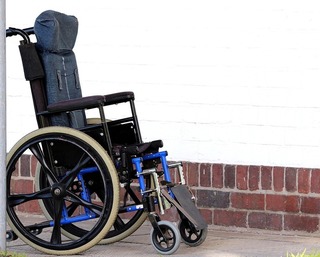Court-appointed guardians can sell the assets and control the lives of the elderly without their consent—and reap a profit from it. The New Yorker explores how state laws control guardianship, and how they have given rise to an industry of professionals who exploit them before victims know what hit them.
From the New Yorker:
Read Full Article »As Belshe spoke to more wards and their families, she began to realize that Lakeview Terrace was not the only place where wards were lodged, and that Parks was not the only guardian removing people from their homes for what appeared to be superficial reasons. Hundreds of cases followed the same pattern. It had become routine for guardians in Clark County to petition for temporary guardianship on an ex-parte basis. They told the court that they had to intervene immediately because the ward faced a medical emergency that was only vaguely described: he or she was demented or disoriented, and at risk of exploitation or abuse. The guardians attached a brief physician's certificate that contained minimal details and often stated that the ward was too incapacitated to attend a court hearing. Debra Bookout, an attorney at the Legal Aid Center of Southern Nevada, told me, “When a hospital or rehab facility needs to free up a bed, or when the patient is not paying his bills, some doctors get sloppy, and they will sign anything.” A recent study conducted by Hunter College found that a quarter of guardianship petitions in New York were brought by nursing homes and hospitals, sometimes as a means of collecting on overdue bills.
It often took several days for relatives to realize what had happened. When they tried to contest the guardianship or become guardians themselves, they were dismissed as unsuitable, and disparaged in court records as being neglectful, or as drug addicts, gamblers, and exploiters. (Belshe was described by Parks as a “reported addict” who “has no contact with the proposed ward,” an allegation that Belshe didn't see until it was too late to challenge.) Family who lived out of state were disqualified from serving as guardians, because the law prohibited the appointment of anyone who didn't live in Nevada.





